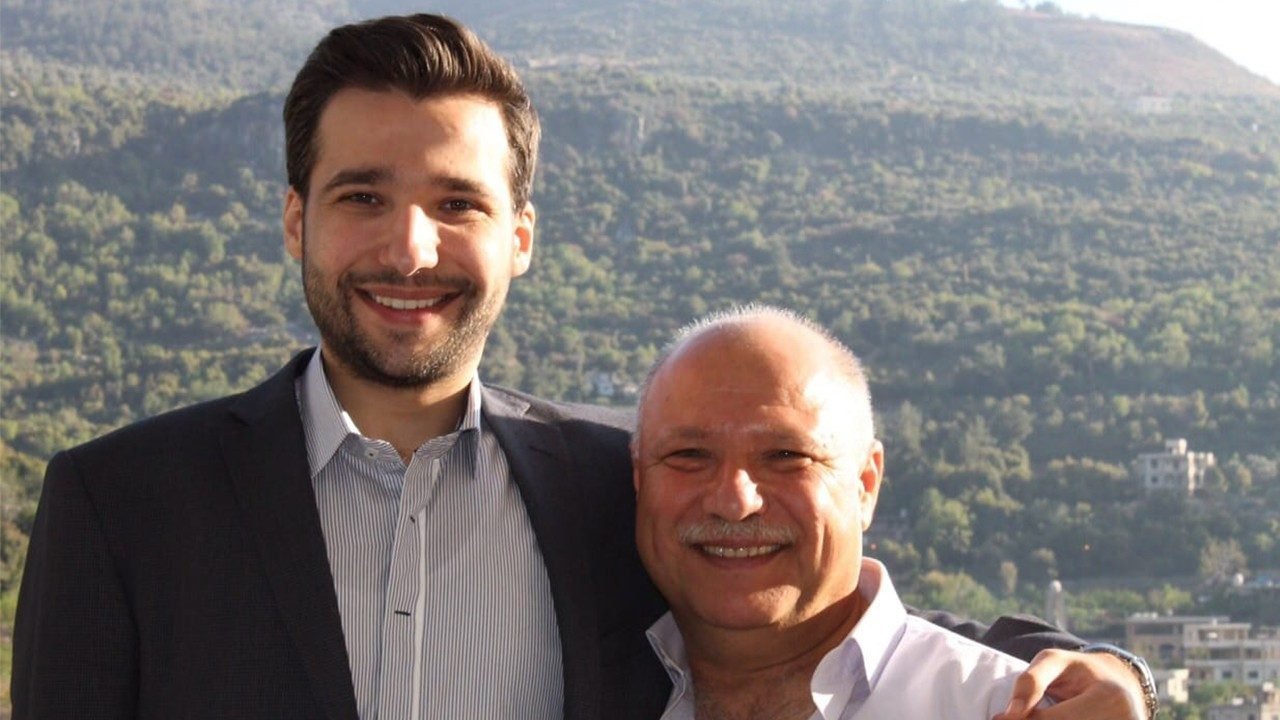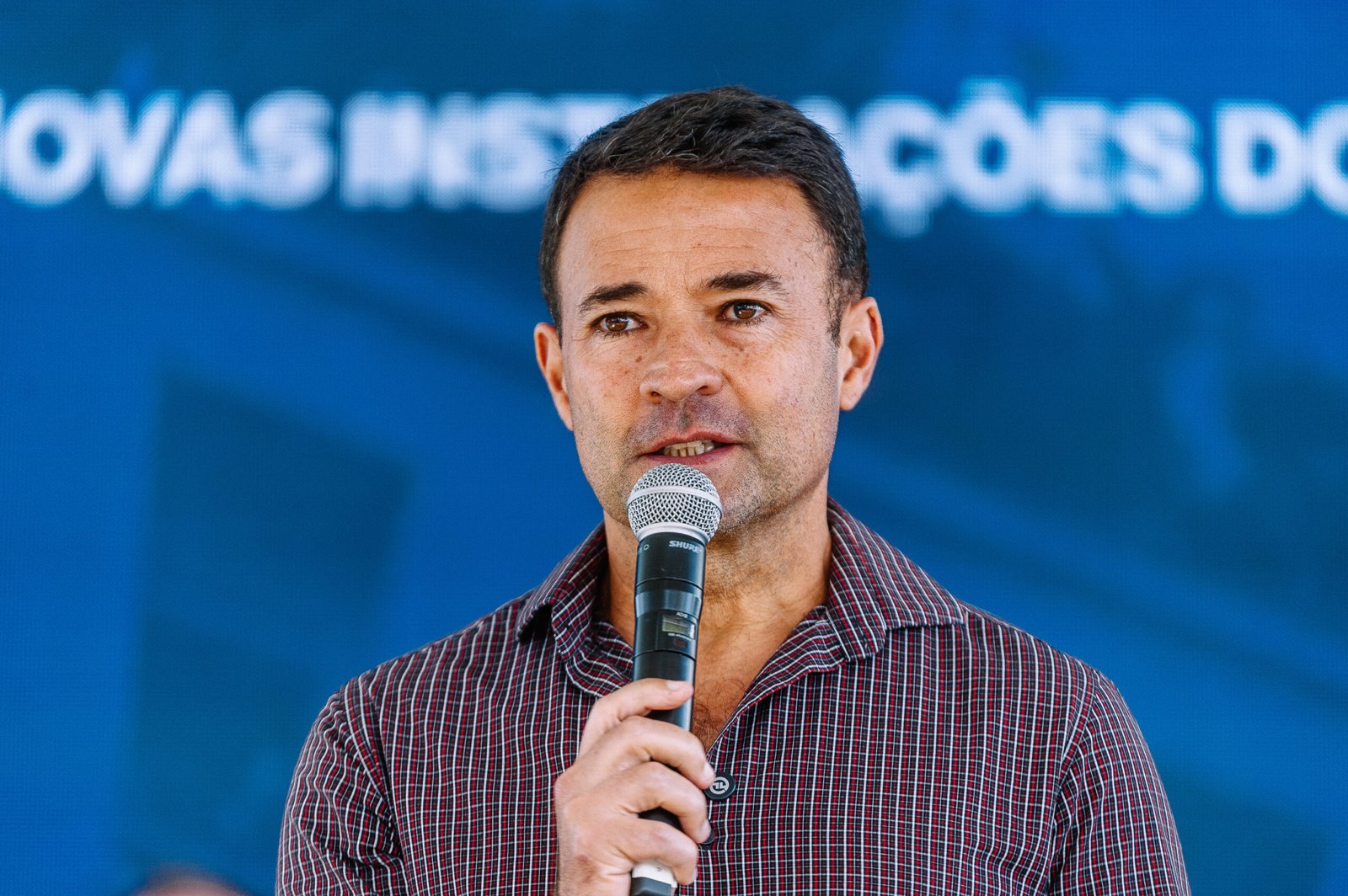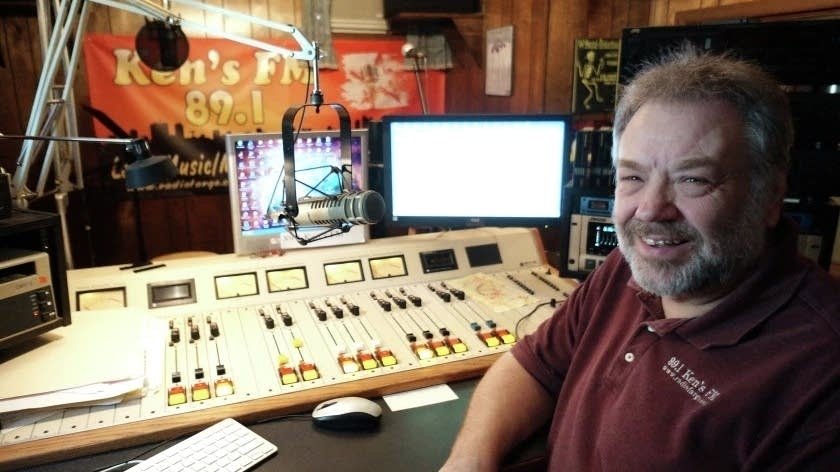Elie Hasrouty, whose father was killed in the 2020 Beirut port blast, tells Vatican News that he wants the tragedy to inspire Lebanon to “come together, act, and organise”.
By Joseph Tulloch and Rabih Abi Abdallah
On the 4th August, 2020, 2,750 tonnes of ammonium nitrate exploded in Beirut’s port.
The blast – which was one of the largest non-nuclear explosions in history – left over 200 people dead, and thousands injured.
Five years on, relatives of the victims say that justice has still not been done.
Accountability denied
Among them is Elie Hasrouty, whose father, Ghassan, was killed in the blast.
“Today”, he told Vatican News’ Rabih Abi Abdallah, “on the fifth anniversary [of the explosion], the image of justice denied still looms”.
Preliminary investigations have concluded that the explosion was due to a failure to store the ammonium nitrate correctly, but no culprits have yet been formally identified.
There has been widespread anger in Lebanon at the political negligence and corruption believed to have led to the blast, with many accusing politicians of obstructing the investigation.
Transforming tragedy into justice
Hasrouty, an engineer, warned of the dangers of “empty performances” from political leaders, aimed at “appeas[ing]” those who want the truth to come to light.
He also highlighted the risk of a “mere indictment or accusation” that “beautifies the scene without touching the core of the crime”.
He did say, however, that he saw a “faint glimmer of hope” in the fact that Judge Tarek Bitar had recently been allowed to resume his investigation into the blast.
Hasrouty’s “deepest hope”, he said, is that the memory of the events of the 4th August might encourage his fellow citizens to “come together, act, organise and pray”, and thus “transform tragedy into a milestone of justice and peace”.
The voices of the Popes
At a prayer vigil in Beirut on Sunday evening, a message from Pope Leo was read aloud by Paolo Borgia, the Apostolic Nuncio to the country, expressing the Pope’s concern for the victims.
“Death does not have the final answer”, the message said, adding that the “beloved and suffering” Lebanese people remain “at the centre” of Pope Leo’s prayers.
Hasrouty, who was present at the vigil, expressed his gratitude for Leo’s “closeness” and “care”.
In 2024, he had met with Pope Francis, as part of a group of Lebanese of various religions who had lost loved ones in the blast.
At the time, Hasrouty told Vatican News that the encounter was “really emotional”, and had left him with a sense of “solidarity”, and “the will to go on and make justice happen”.





